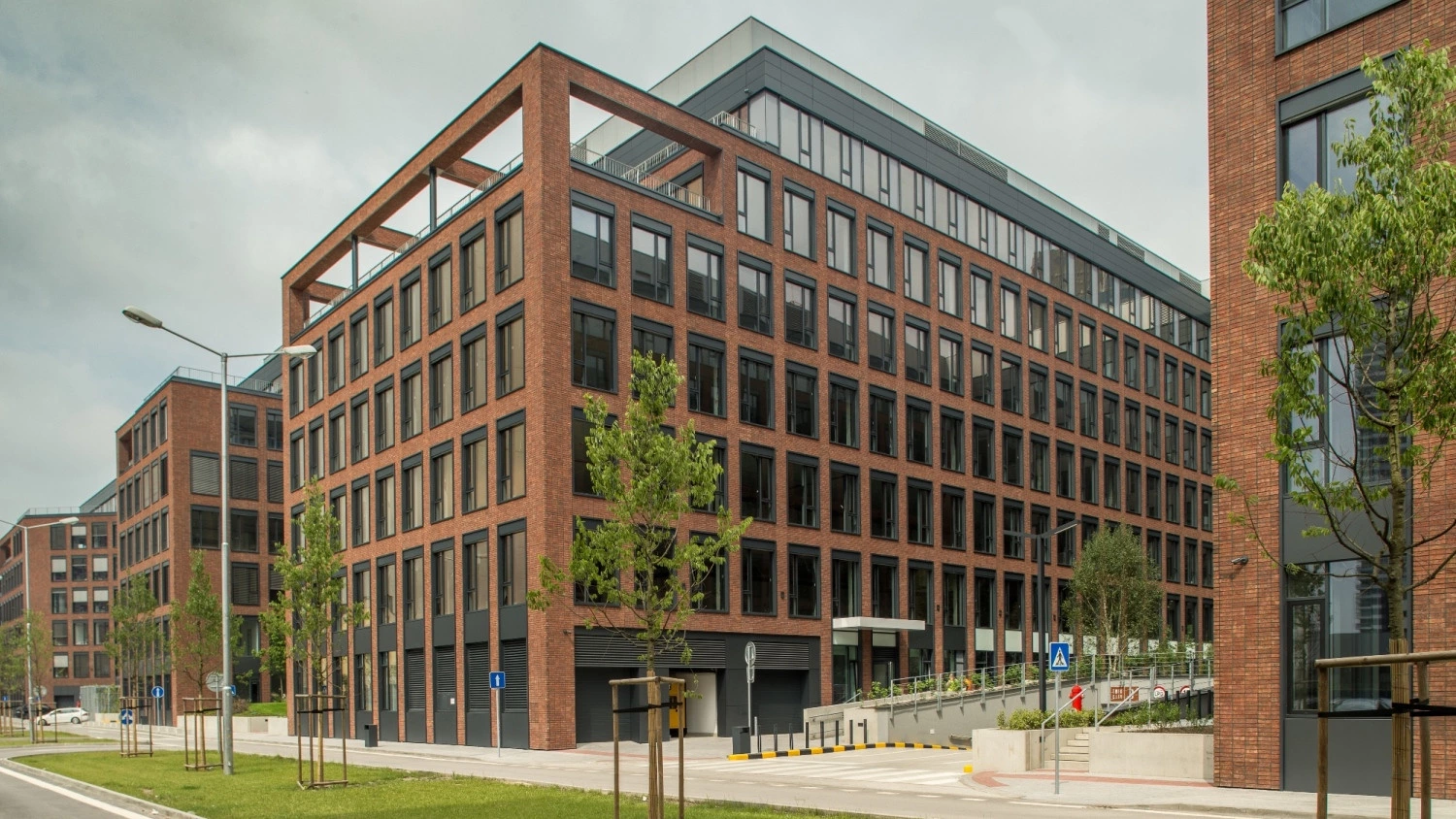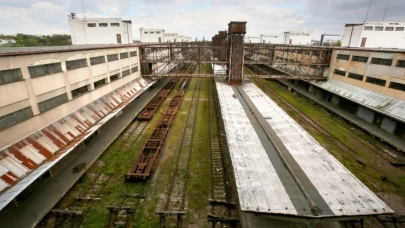
After an unprecedented rise in interest rates, the CE REIF fund has reassessed the price of real estate in its portfolio. Last year's loss is reaching almost 30%, reports DennikN.sk. It is the first real estate fund in Slovakia that has admitted the problems of commercial real estate.
The National Bank of Slovakia (NBS) warned for the first time in May 2023 that offices and shopping centres could be a new risk for financial stability in Slovakia following the increase in interest rates by the European Central Bank (ECB). The interest that owners of commercial real estate in Slovakia have to pay for loans has a significantly larger share of their sales than is common in other sectors, the NBS said. It can be difficult for landlords to pass on higher interest rates to rents, especially in offices and shopping centres. The demand for them has dropped, the pandemic brought more work from home and a greater preference for online shopping.
Financing of commercial real estate is very important in Slovakia, not only in banks, where loans to this sector make up almost a quarter of all corporate loans. Slovaks have taken a liking to real estate funds, the net assets of real estate funds make up a fifth of all investments in funds, and their assets amount to approximately €2.4 billion.
The real estate fund of the developer HB Reavis was able to get through the COVID times when people moved to home offices, shopping centres closed and new rental relationships were set up. Even in 2022, it reached the 9 % return that investors were used to. However, it was hit harder by rising interest rates due to high inflation. The increase in market rates by 4.5 % was reflected in a higher required return on investment assets, including real estate. In the end, losses were multiplied by operating on leverage, i.e. on credit, which the fund could afford since it was intended for experienced investors. While the fund's higher leverage during times of market growth and low interest rates helped generate significant returns and dividends, rising rates compounded the negative impact on the fund's net asset value.
After accounting for last year's slump, the fund has generated a cumulative return of 5.9 % since its inception in 2011. It owns buildings worth €341 million.
Commercial real estate is a sector that reacts sensitively to negative economic developments. Banks already have experience of how this sector behaves in difficult times, during the last global crisis more than ten years ago, it was the main reason for their losses. At that time, with few exceptions, real estate funds did not do any major revaluation of property. According to Cushman & Wakefield, at the end of last year, office vacancies in Bratislava rose to 14 %, the highest figure in the last five years. This was also caused by the influx of new office space into the market, which increased capacity. As no further new projects are expected this year, the C&W expects the occupancy of existing office space to increase.



